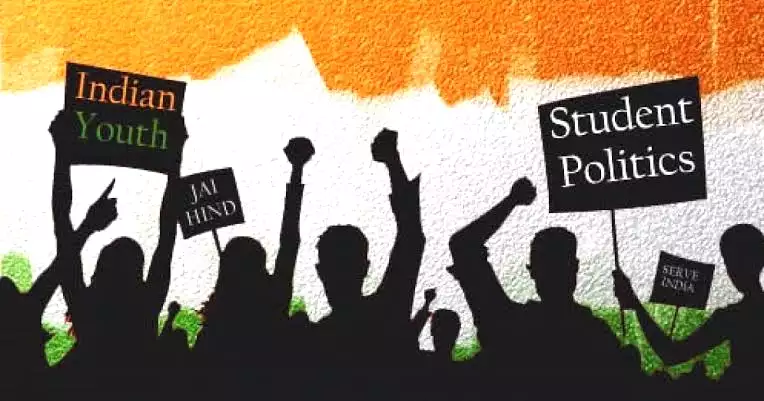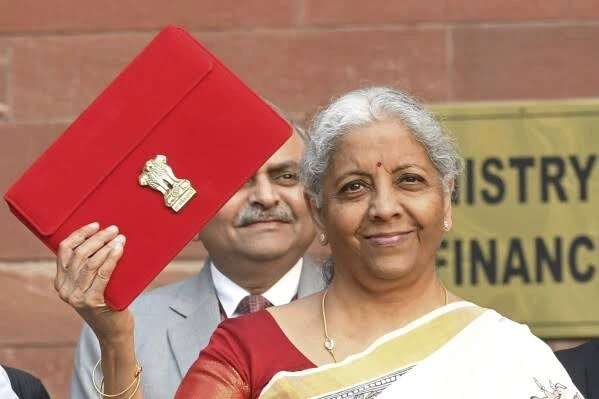Politics: In the modern world, youth apathy towards politics is a growing phenomenon. While older generations have traditionally viewed politics as a crucial part of social engagement, many youths today are distancing themselves from political discourse. This detachment, often labeled as being “apolitical,” reflects a significant shift in how the younger generation perceives governance, power, and social changes?
Understanding Apolitical Youth:
An apolitical individual typically refrains from engaging in political activities, discussions, or ideologies. Among youth, this disinterest is often a response to perceived corruption, inefficiency, or the complexity of political systems. Rather than aligning with parties or voting, they focus on personal goals, social media trends, or alternative forms of activism like environmentalism, social entrepreneurship, or technological innovation.
Why Are Youth Becoming Apolitical?
Distrust in the System
A growing number of young people see politics as a game of vested interests rather than a platform for genuine change. Scandals, unfulfilled promises, and partisan divides have led to skepticism about whether their involvement would make a difference.
Overexposure to Polarization
The rise of social media has amplified political conflicts and sensationalized debates. This constant exposure can lead to fatigue and the desire to remain neutral.
Focus on Individualism
Millennials and Gen Z prioritize personal well-being, careers, and mental health over collective political endeavors. Many believe they can make a bigger impact through entrepreneurship or grassroots efforts than through traditional political participation.
Lack of Civic Education
Many educational systems fail to equip students with the tools to critically analyze political systems or understand their civic duties. This leaves youth feeling ill-prepared or indifferent about engaging in politics.

The Impact of an Apolitical Youth
While staying apolitical might seem like a personal choice, it has broader social implications:
Weakening of Democratic Processes
Lower voter turnout among youth means that their voices are often absent from decision-making processes. This allows older generations to shape policies that may not align with the aspirations of younger citizens.
Rise of Extremism
A disengaged youth creates a vacuum that can be filled by extremist ideologies. Apolitical individuals may unwittingly empower divisive forces by refusing to participate.
Missed Opportunities for Innovation
Youth bring fresh perspectives and innovative ideas. By avoiding politics, they miss opportunities to reform outdated systems and create inclusive policies.
Signs of Hope: Alternative Activism
Not all apolitical youth are disengaged from change. Many are channeling their energy into alternative forms of activism, such as:
Environmental Movements: Climate strikes led by figures like Greta Thunberg show that youth care deeply about issues, even if they avoid traditional politics.
Social Entrepreneurship:Young innovators are creating businesses that address social and economic challenges without relying on political systems.
Digital Advocacy: Platforms like Change.org and online campaigns allow young people to support causes without political alignment. This also keeps their identities anonymous to ensure the privacy

Reengaging the Youth
To counter the trend of apolitical youth, governments, educators, and community leaders must take proactive steps as follows:
Promote Civic Education
Schools should teach students about their rights, responsibilities, and the power of their vote. Real-life examples of political success stories can inspire action.
Modernize Political Systems
Transparency, accountability, and inclusivity are the key to rebuild the trust in political institutions. Simplifying bureaucratic processes can also encourage participation.
Leverage Technology
Digital platforms can make politics more accessible. Gamified voting drives, interactive debates, and live Q&A sessions with leaders can spark interest.
Encourage Dialogue
Creating safe spaces for political discussions, free from judgment or hostility, can help youth explore their beliefs and engage with differing opinions.
Conclusion
The apolitical stance of today’s youth is a complex issue, rooted in frustration, disillusionment, and shifting priorities. While this detachment poses challenges to democratic systems, it also reflects a desire for more meaningful and authentic ways to effect change. By addressing the root causes of apathy and creating new avenues for engagement, society can tap into the immense potential of its youth to drive progress and innovation.
Will the youth return to traditional politics, or will they redefine activism in their own terms? Only the time can solve this riddle.

–Utkarsh Pandey
(Writer is a student of Mahatma Gandhi International Hindi University)



